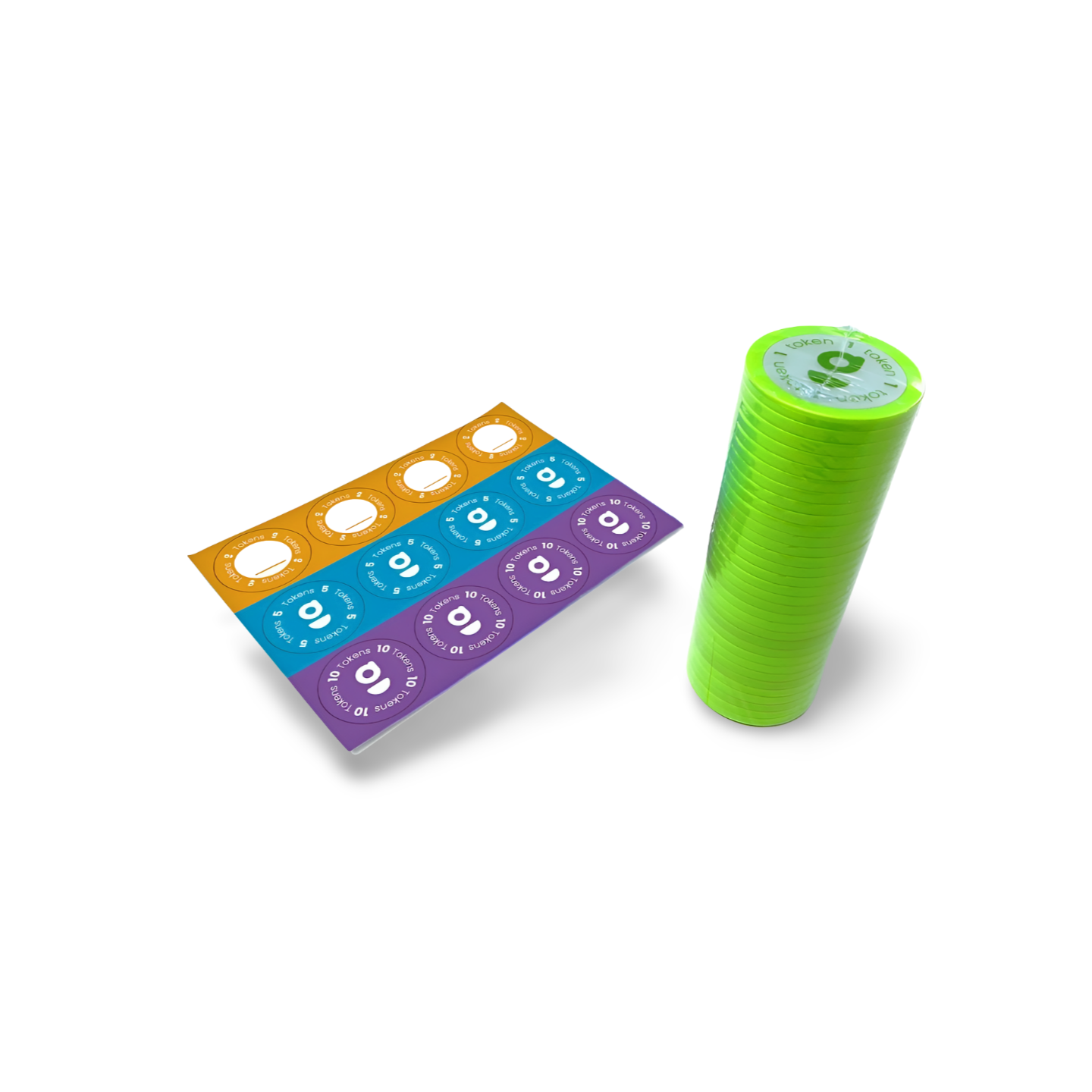Time management, if you do it right, can be a superpower. Since this is a parenting blog, though, and since it is among your jobs to help teach your kids time management, I’ll put it in less intimidating words: time management is a teachable skill. It is also an essential skill our kids will carry with them into adolescence, adulthood, and beyond. Effective time management skills have been shown to reduce stress levels in kids and adults alike. Below are some ways in which you can use Positive Parenting techniques to instill effective time management capabilities in your little ones:
- Create a Daily Schedule/Calendar/Routine/etc.: for many kids, having a daily “routine” that is visible to them via an actual hanging poster and/or a kid-friendly digital platform can be essential in teaching them time management concepts. If a child is referencing a visual representation of time as something that can be divided into windows to accommodate one’s personal needs and obligations, they will be on the right track. Note: your child’s daily “routine” can be as simple or complex as you would like (note: for younger children, simpler is better - e.g., wake up, brush teeth, eat breakfast, go to school, come home, play, bath, dinner, brush teeth, bed…or even just wake up, go to school, come home, go to bed). The important thing is that you work with your child to create this routine so they can be introduced to processes such as task prioritization, setting realistic goals, and maintaining a balanced schedule (work hard, play hard!). The more colors/stickers/customizable elements they can get excited about, the better!
- Model Effective Time Management: if you yourself are skilled in time management, ensure your children are privy to the ways in which you plan your day with an emphasis on the importance of breaks and downtime to “recharge” and “avoid burnout.” Please note: if you are not particularly skilled in the area of time management, perhaps you and your child can learn to implement time management skills together! It could be both enjoyable and beneficial for them to learn “alongside” you sometimes, as opposed to just “from” you!
- Set Realistic Goals: If your child plans to read one entire Harry Potter book each night for seven straight nights, it might be time to talk to them about breaking down large tasks into smaller, manageable, achievable steps (I don’t even think Hermione could get through the series that quickly!). Similarly, if your kid has a large project at school, help them divide it into smaller steps with corresponding deadlines. Be sure to celebrate adherence to the schedule both for short-term and long-term goals! You can track and acknowledge these moments using positive reinforcement solutions (such as your trusty Goodtimer!).
- Teach your Kid to Prioritize: Something they don’t teach in school is how to prioritize the various tasks on one’s to-do list based on one’s values and imposed deadlines. Simple classification systems, for example labeling tasks as “optional,” “important,” or “urgent,” can go a long way.
- Introduce Timed Activities: To help your kids get a sense of what windows of time “feel” like, try assigning them an activity with a challenge to complete it within a certain time frame. Then, set a timer. Speak with them afterwards about their experience: did they have enough time? Why or why not? How might they do things differently next time? Was the amount of time assigned to the task realistic?
Building and strengthening time management skills in children using positive parenting practices can equip your children with abilities that enrich their day-to-day lives for years to come! Ensure you are utilizing positive reinforcement to celebrate victories of all sizes and motivate their continued efforts. Good luck!










Leave a comment